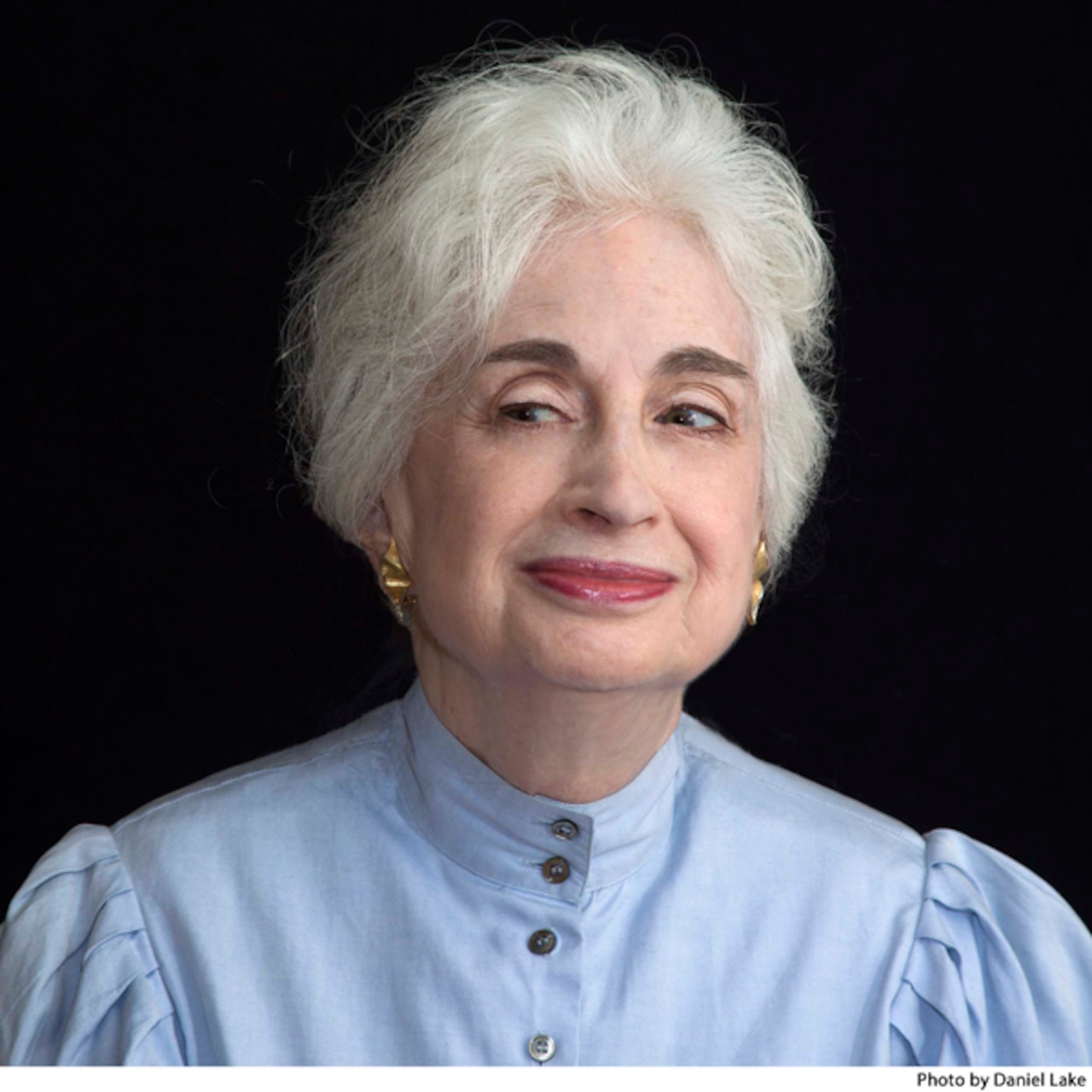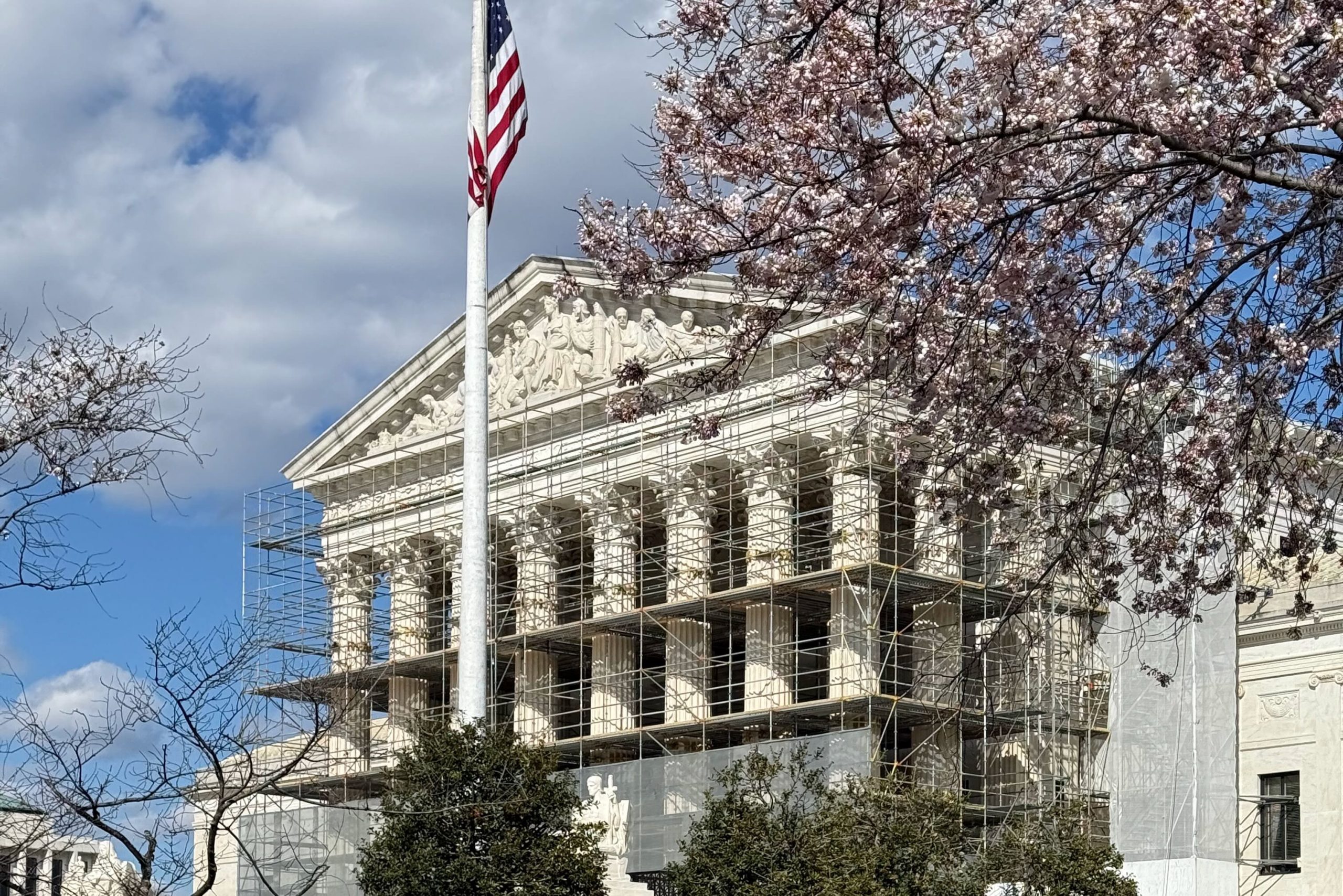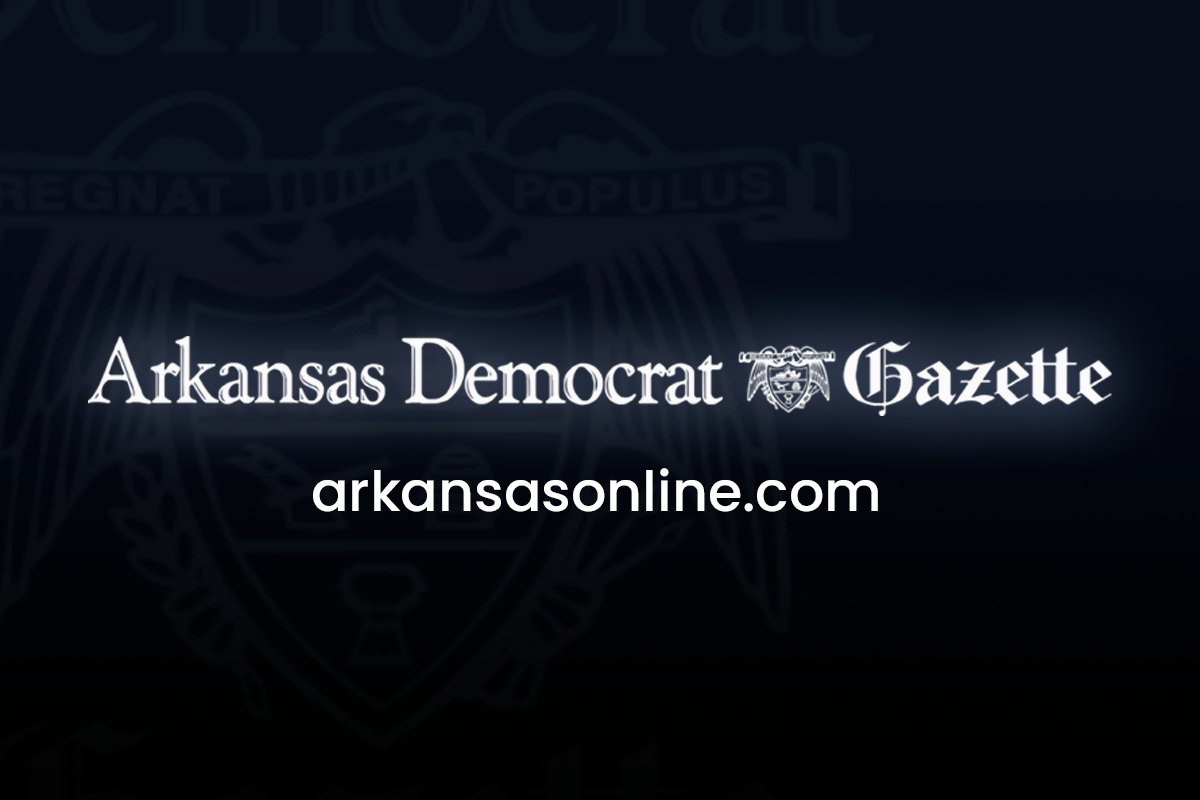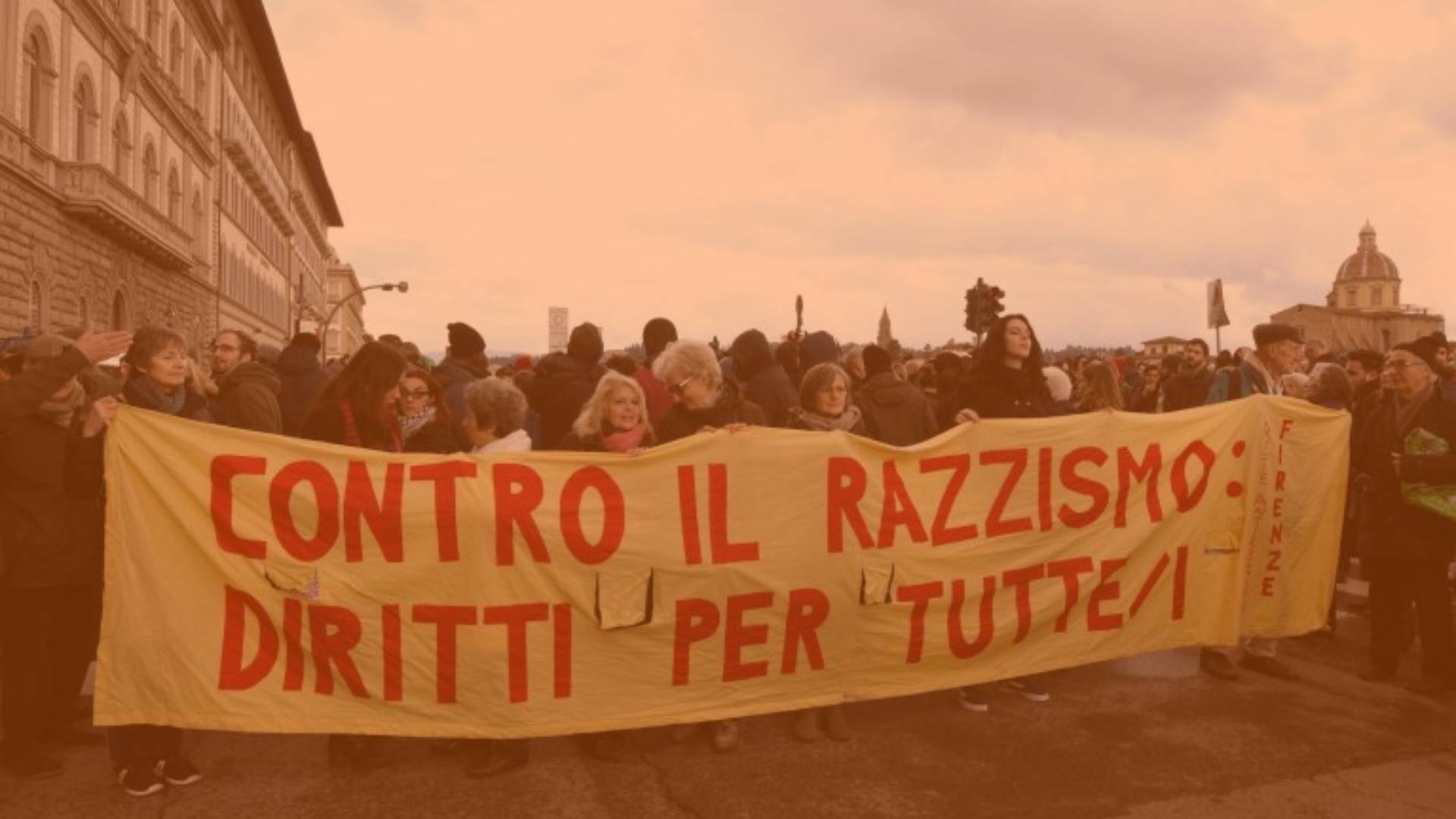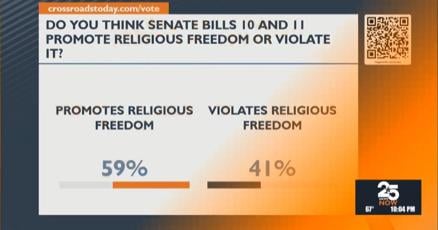Clash of Freedoms: When Faith and Liberty Collide
Religion
2025-03-28 05:03:00Content
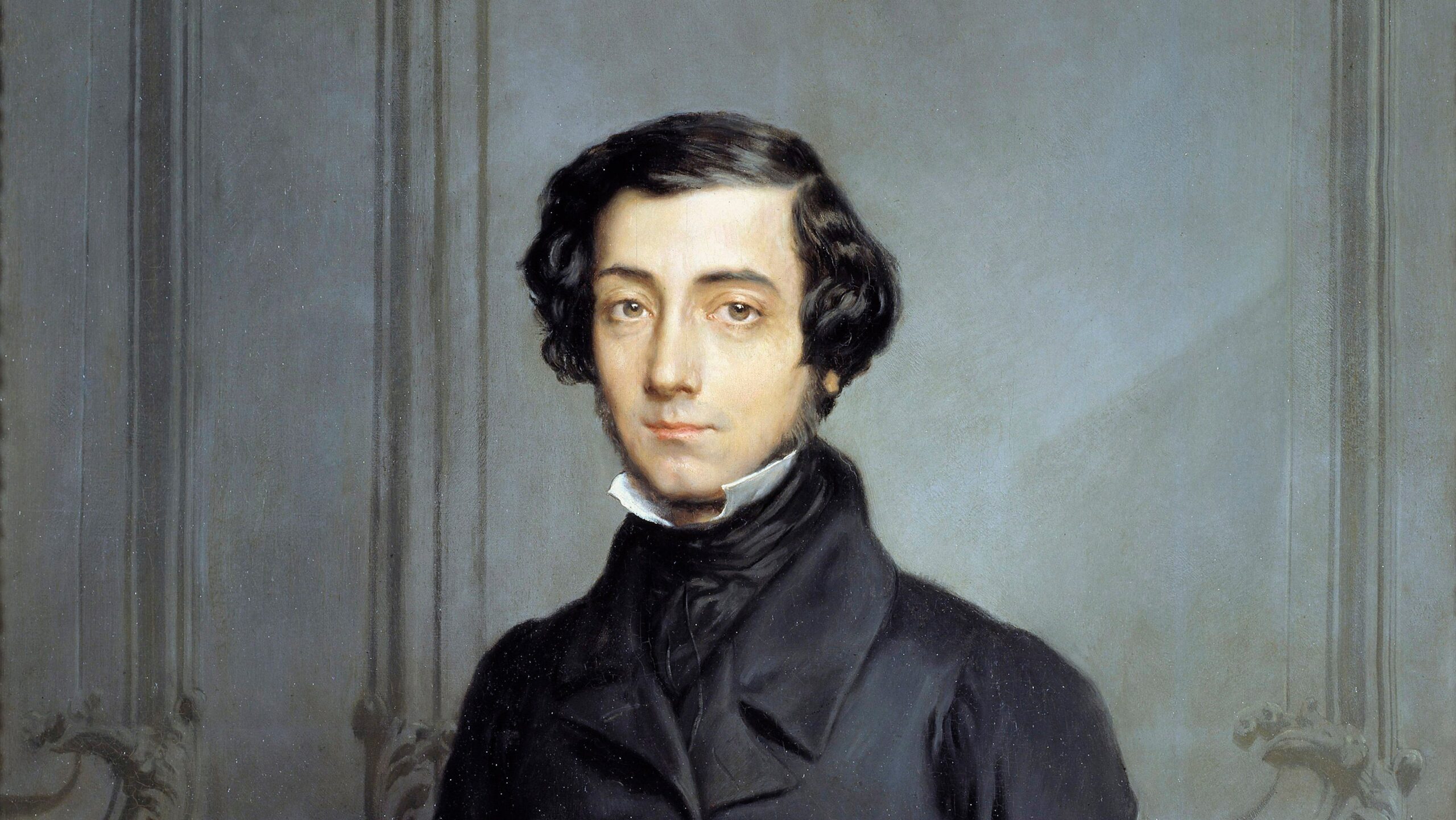
In a compelling challenge to Christian nationalist narratives, Southern Baptist Theological Seminary professor John Wilsey offers a nuanced perspective on America's complex relationship between religious identity and fundamental freedoms. Rather than viewing religion and liberty as harmoniously aligned, Wilsey argues that these foundational elements have historically coexisted in a dynamic, sometimes tension-filled balance.
His scholarly analysis suggests that the American experience is not a simple story of religious triumphalism, but a sophisticated interplay of diverse beliefs and constitutional principles. By examining the nation's historical trajectory, Wilsey illuminates how religious expression and individual liberty have continuously negotiated space, sometimes complementing and sometimes challenging each other.
Through his work, Wilsey invites readers to embrace a more sophisticated understanding of religious freedom—one that recognizes the delicate equilibrium between personal faith and broader societal commitments to pluralism and individual rights.
Unraveling the Complex Tapestry of Faith and Freedom in American Democracy
In the intricate landscape of American political and religious discourse, few topics spark as much passionate debate as the delicate relationship between national identity, religious belief, and democratic principles. The ongoing conversation about Christian nationalism challenges us to examine the fundamental tensions that have long defined the American experience of liberty and faith.Navigating the Delicate Balance of Spiritual Conviction and Constitutional Ideals
The Roots of Religious Liberty in American Democracy
The founding principles of the United States represent a profound philosophical experiment in religious freedom. Unlike many historical models of governance, the American constitutional framework emerged from a radical commitment to separating institutional religious power from governmental authority. Southern Baptist Theological Seminary professor John Wilsey has dedicated significant scholarly attention to unpacking this nuanced relationship, challenging simplistic narratives about America's religious foundations. The constitutional architects deliberately constructed a system that would protect religious expression while simultaneously preventing any single religious tradition from dominating political institutions. This delicate balance represents more than a legal technicality; it embodies a deep philosophical understanding of human dignity and individual conscience.Challenging Christian Nationalist Narratives
Contemporary discussions about Christian nationalism often oversimplify the complex historical interactions between religious belief and national identity. Wilsey's scholarly work provides a critical lens for understanding these intricate dynamics, demonstrating how religious convictions have both influenced and been constrained by constitutional principles. The notion of Christian nationalism fundamentally misunderstands the nuanced relationship between spiritual belief and political structures. It attempts to collapse the critical distinctions between personal faith and institutional governance, potentially undermining the very principles of religious liberty that have defined American democratic ideals.The Evolving Landscape of Religious Expression
American religious experience has never been monolithic or static. From the earliest colonial settlements to contemporary multicultural urban centers, religious practice has continuously transformed. This dynamic evolution challenges simplistic narratives about a uniform Christian national identity. The constitutional framework provides a remarkable mechanism for accommodating diverse religious perspectives while maintaining a commitment to fundamental human rights. Religious liberty, in this context, becomes not just a legal protection but a profound expression of democratic values that respect individual conscience and collective diversity.Theological and Political Intersections
Understanding the relationship between faith and national identity requires a sophisticated approach that acknowledges complexity and resists reductive interpretations. Wilsey's scholarship illuminates how religious traditions can simultaneously inspire civic engagement and maintain critical distance from institutional power structures. The American experiment represents a unique model of managing religious diversity, where spiritual convictions can flourish without becoming instruments of political coercion. This delicate balance requires ongoing dialogue, critical reflection, and a commitment to understanding the nuanced interactions between personal belief and collective governance.Implications for Contemporary Democratic Practice
In an increasingly polarized political landscape, the insights offered by scholars like Wilsey become increasingly crucial. They remind us that religious liberty is not a static concept but a dynamic principle requiring continuous negotiation and thoughtful interpretation. The challenge for contemporary democratic societies lies in maintaining robust protections for religious expression while preventing any single religious perspective from dominating public discourse. This requires intellectual humility, genuine dialogue, and a commitment to understanding the diverse spiritual experiences that shape our collective identity.RELATED NEWS
Religion
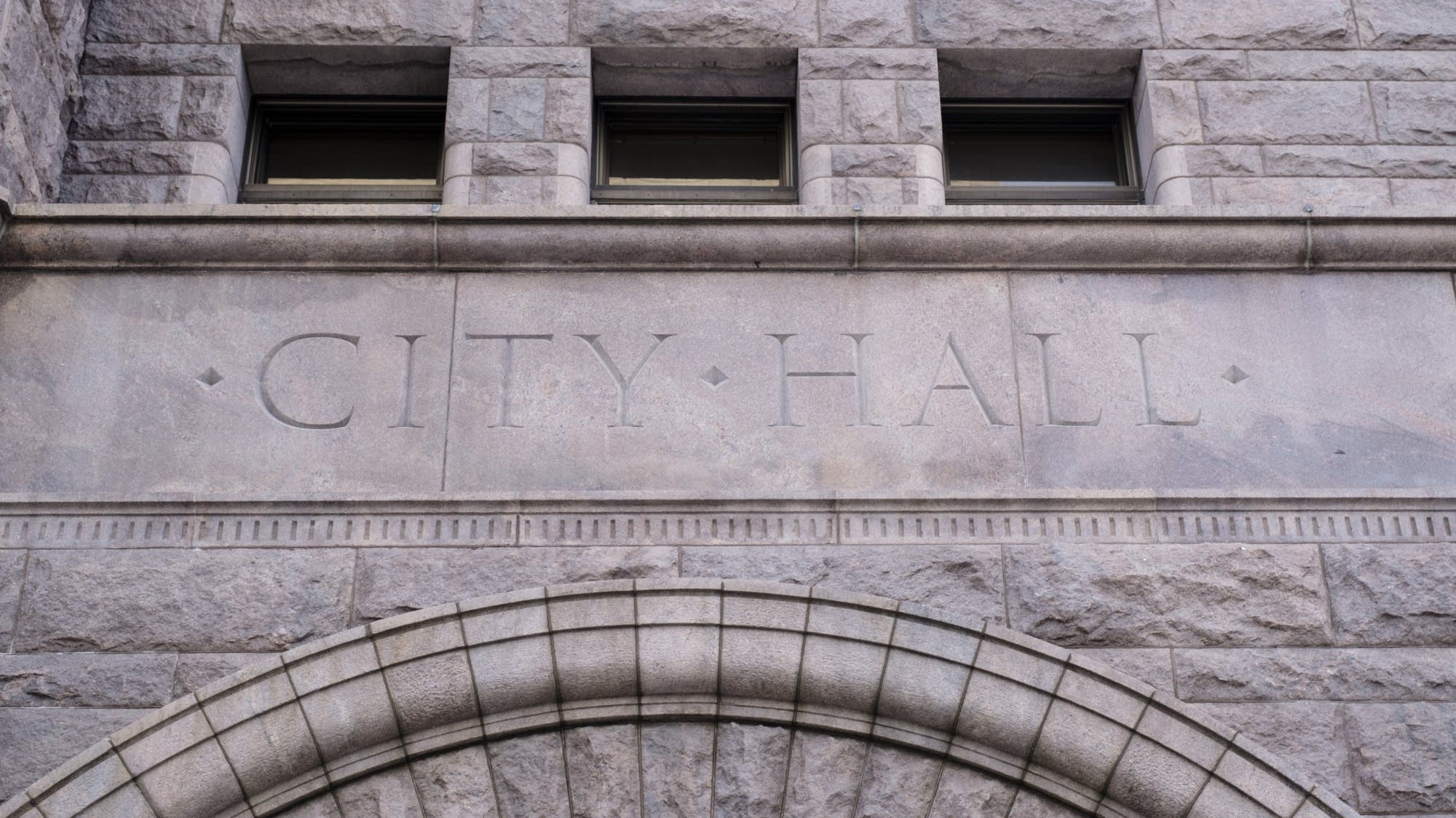
City Hall Blocks Ramadan Dinner: Minneapolis Draws Line at Religious Events
2025-03-14 17:15:00
Religion
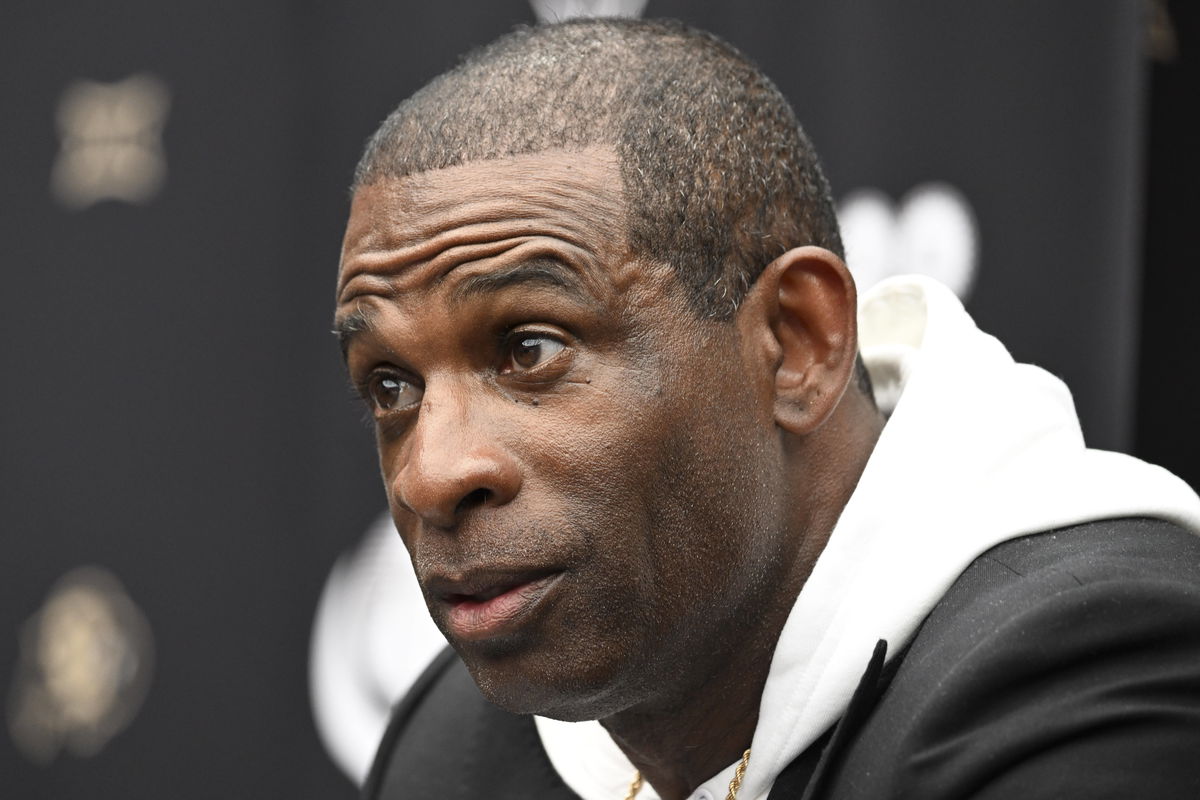
Faith Under Fire: Deion Sanders Claps Back at Secular Critics with Powerful Divine Appeal
2025-03-16 20:48:36
